LAS ANOD, SOMALIA — The Commissioner of the Somali Disaster Management Agency (SoDMA), Mr. Mahamud Moallim Abdulle, arrived today in Las anod, the capital of the North-Eastern Federal State, on a working visit aimed at strengthening cooperation in disaster management and the delivery of humanitarian services. He was accompanied by a high-level delegation that included the Presidential Envoy for Health and Nutrition, MP Abdirahman Mohamed Sheikh Moobleen, along with other senior officials.
Upon the delegation’s arrival, they were warmly welcomed by leaders of the Northeast administration, including ministers, parliamentarians, and various community members, reflecting strong support for the agency’s efforts.
The visit is part of the agency’s plans to launch new projects related to disaster relief and community service development. It also aims to evaluate the humanitarian situation in the region and hold meetings with local officials and civil society to discuss existing needs and work towards finding sustainable solutions.
During their stay, the SoDMA delegation plans to hold intensive meetings in Las anod to discuss ways to strengthen cooperation between the Federal Government and the North-Eastern State, with a focus on improving disaster response, health, nutrition, and emergency services.
In a statement, SoDMA Commissioner Mr. Mohamud Moallim Abdulle confirmed that this visit is part of the institution’s ongoing efforts to provide effective services to vulnerable communities affected by various challenges, noting that new projects will be implemented to meet the urgent needs in the region.
Background on the Role of SoDMA
The Somali Disaster Management Agency (SoDMA) is the leading governmental institution for humanitarian work in Somalia. Established to coordinate national and international relief efforts, respond to natural and man-made disasters, and develop strategic plans to mitigate the effects of crises, the agency plays a pivotal role in protecting Somali communities by:
* Immediate Response: Providing emergency aid such as food, shelter, and water to those affected by floods, droughts, and conflicts.
* Preparedness and Prevention: Building the capacity of local communities to handle disasters through awareness and training programs.
* Coordination: Acting as a link between the government, and international and local organizations to ensure that aid reaches the most vulnerable groups effectively.
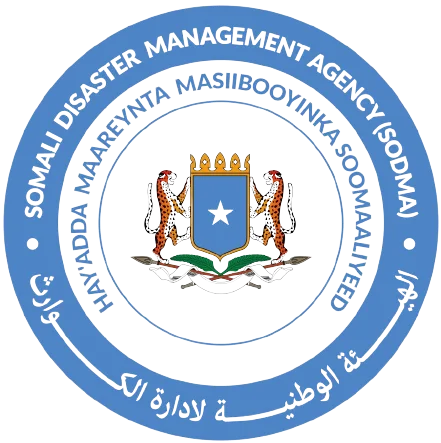


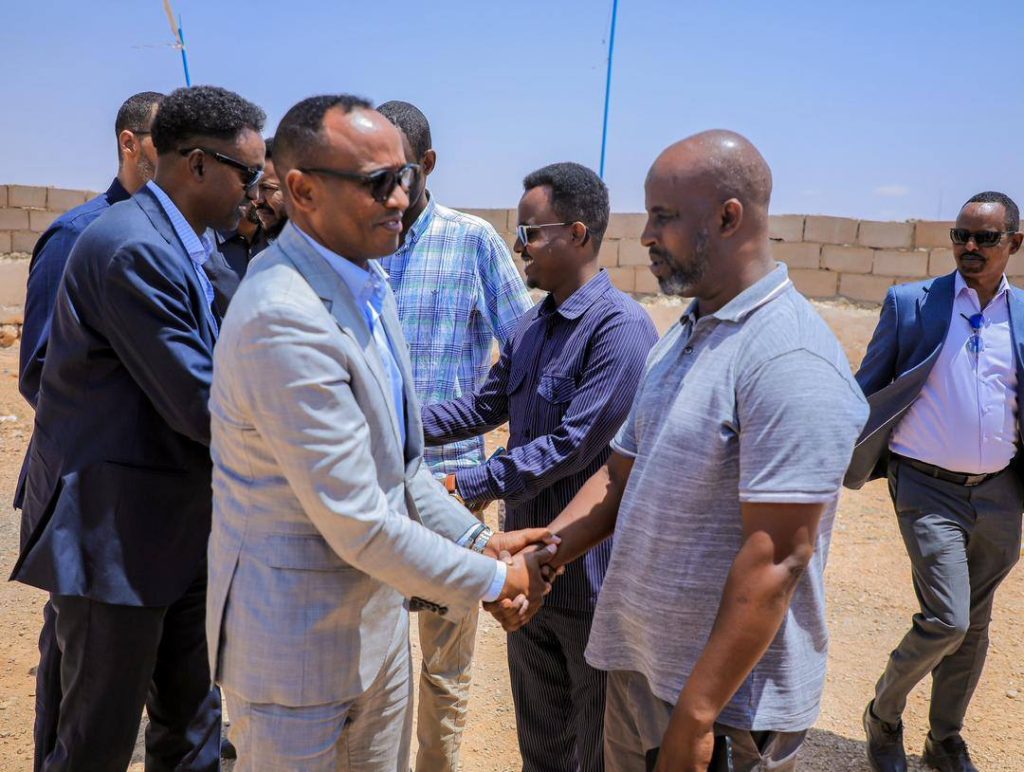
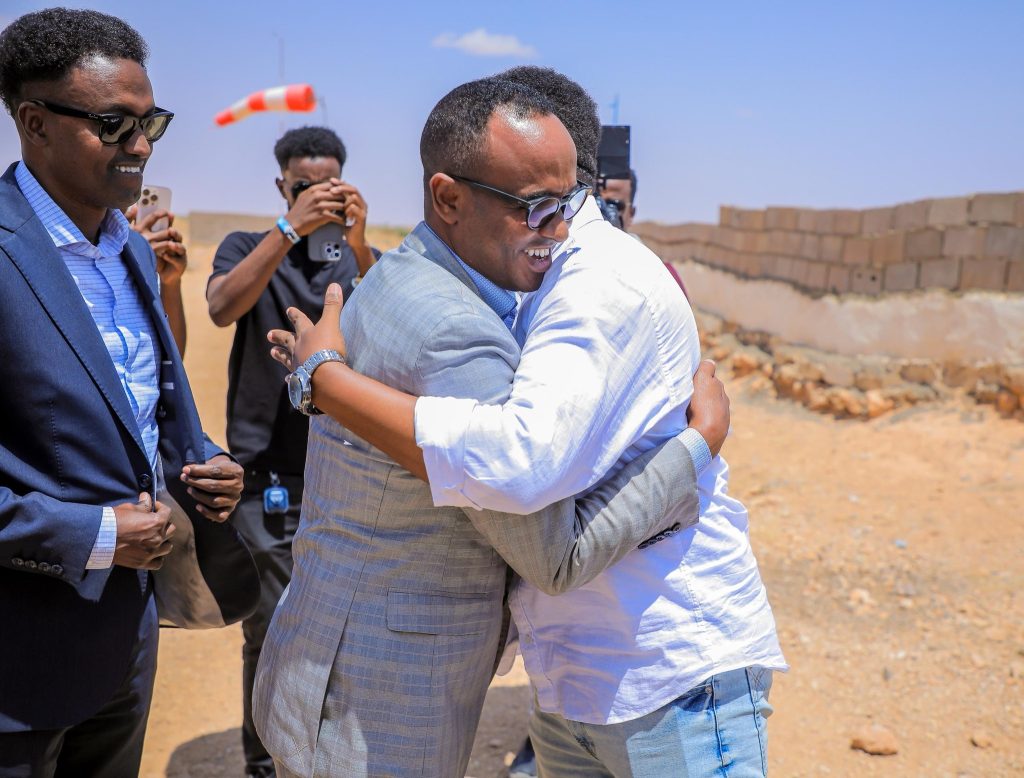
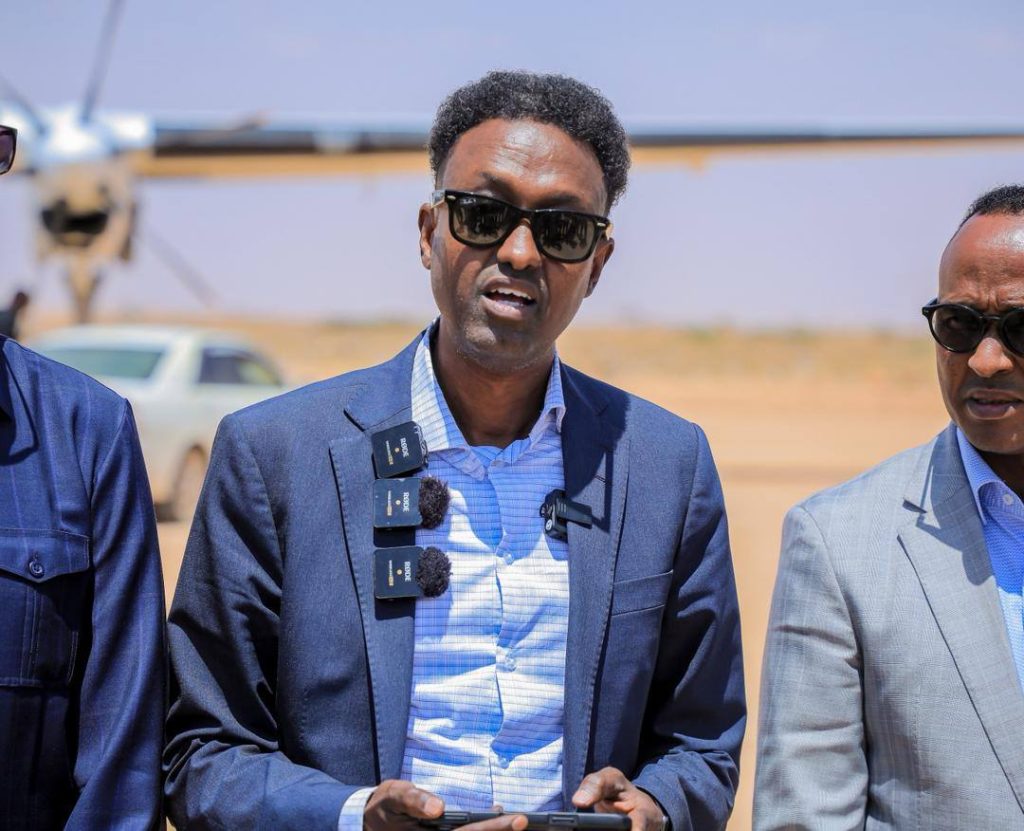
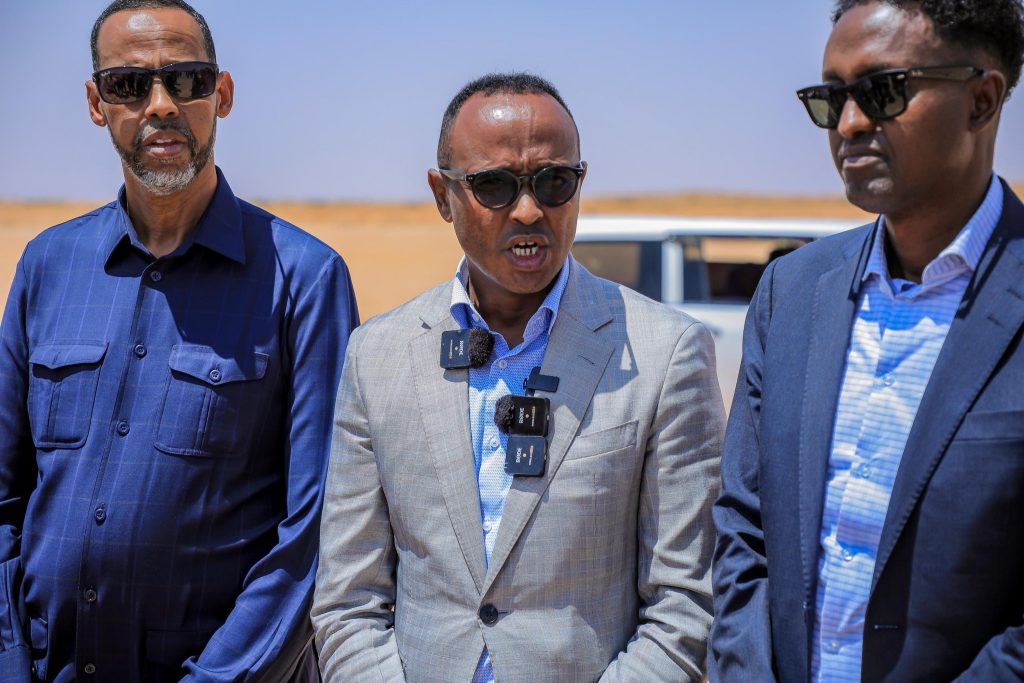

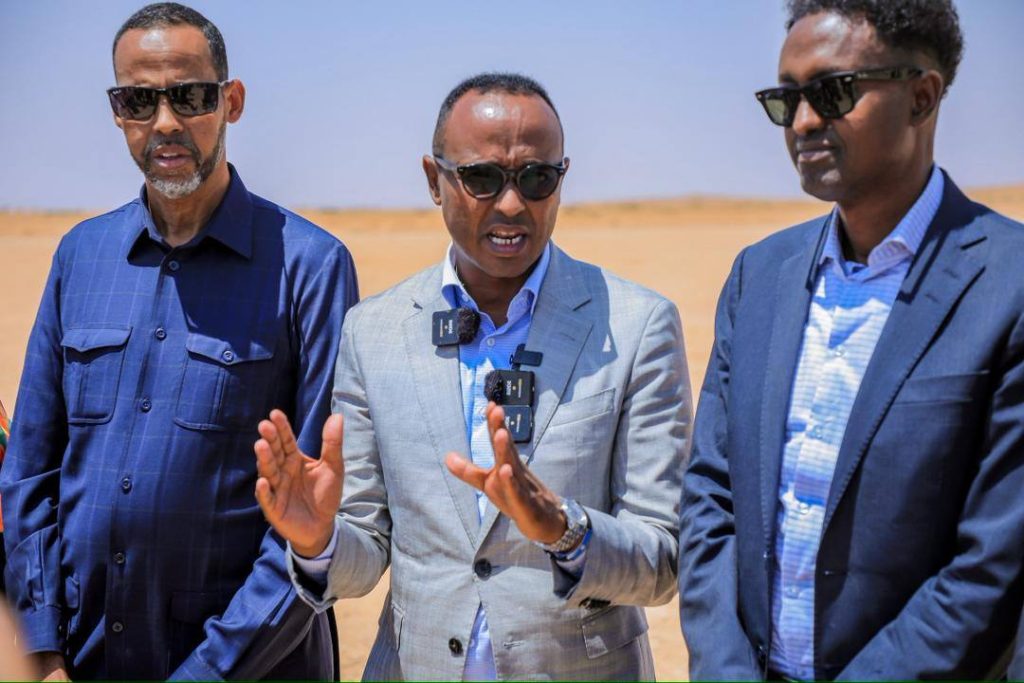
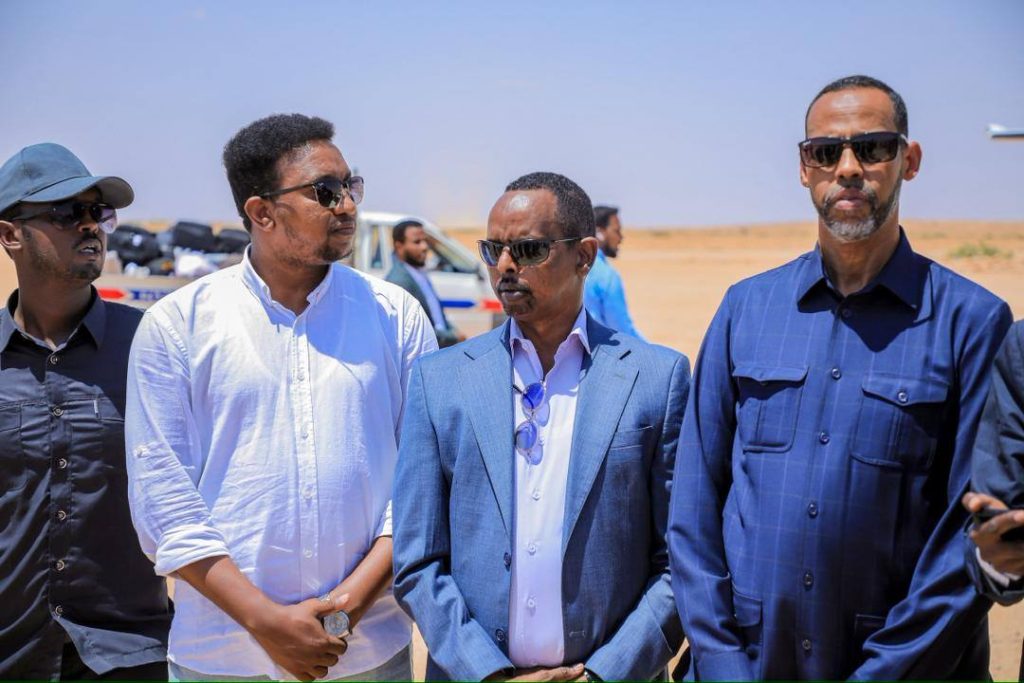

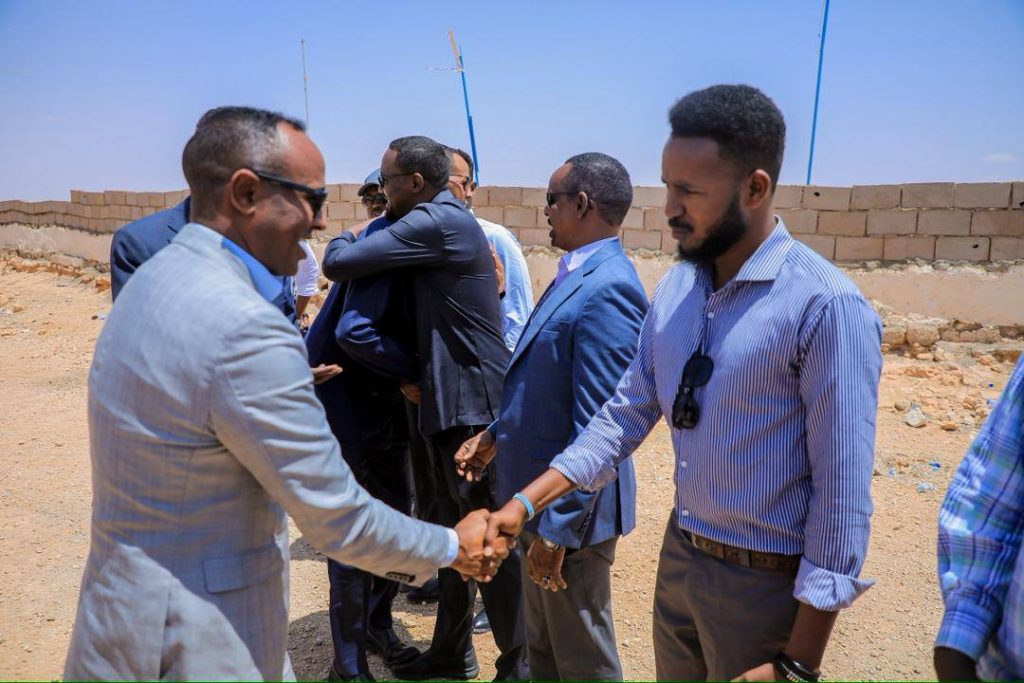
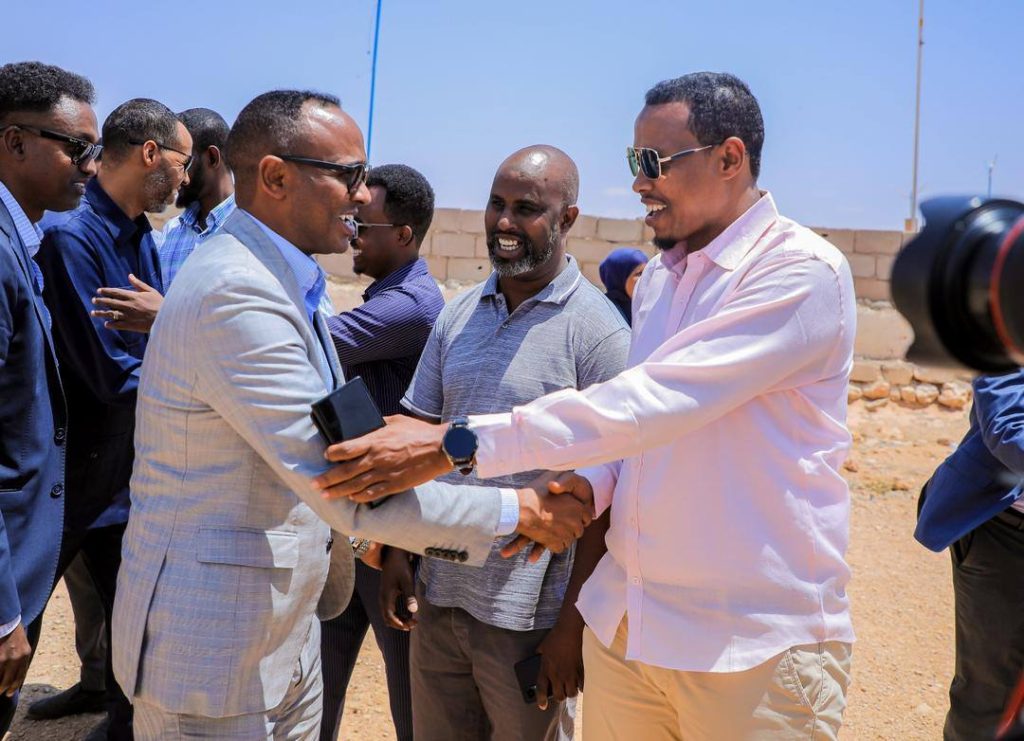
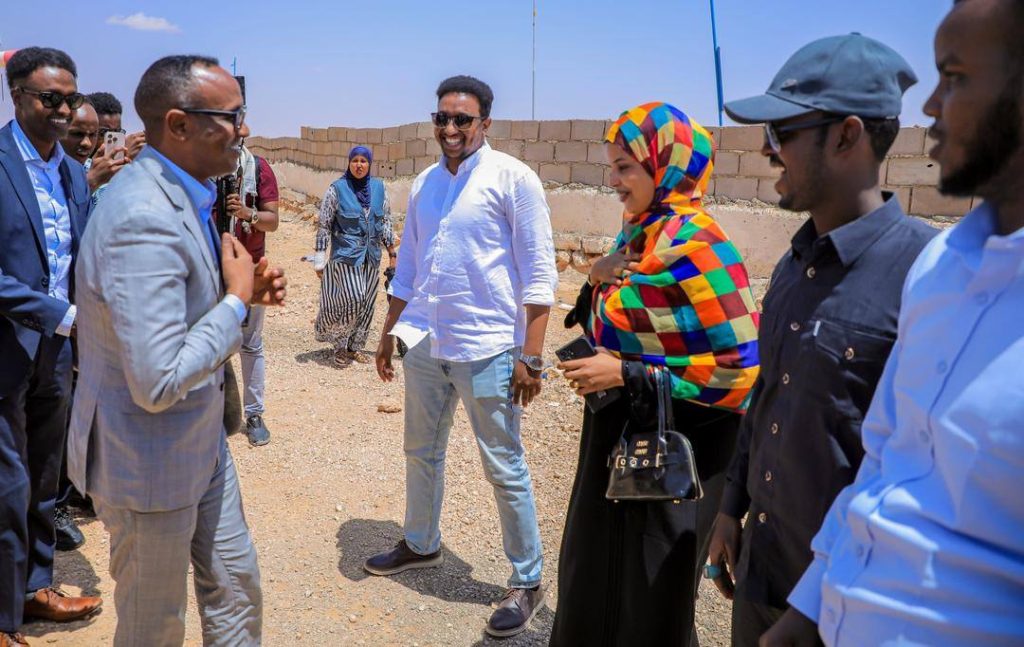
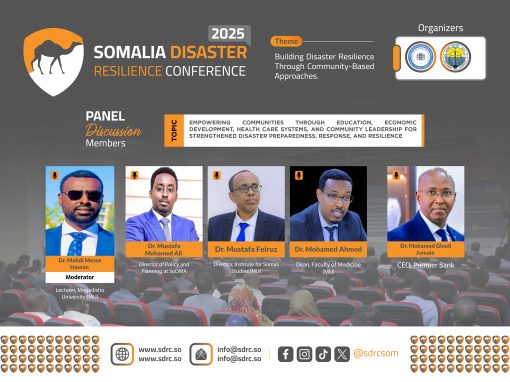
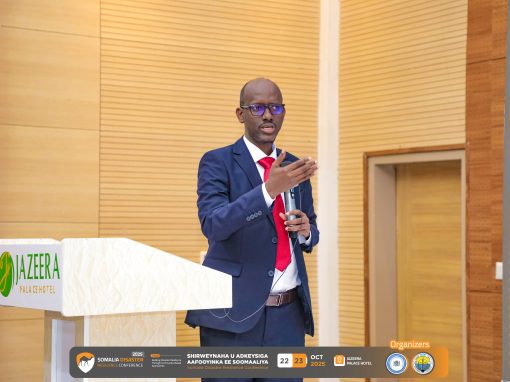
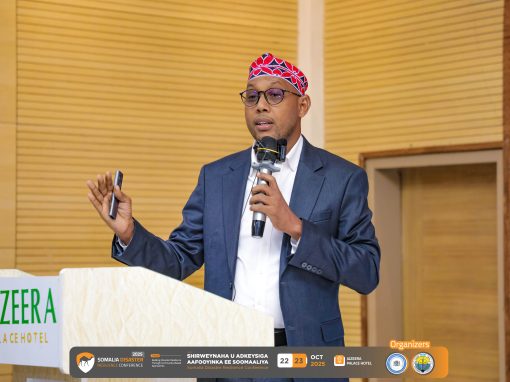


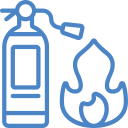
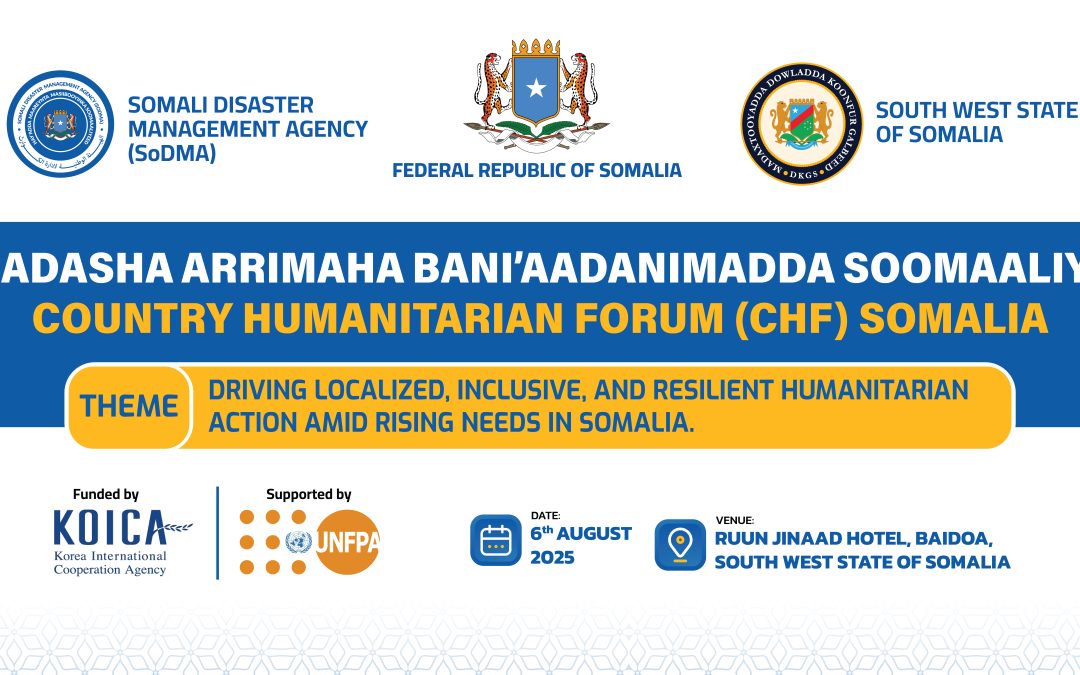
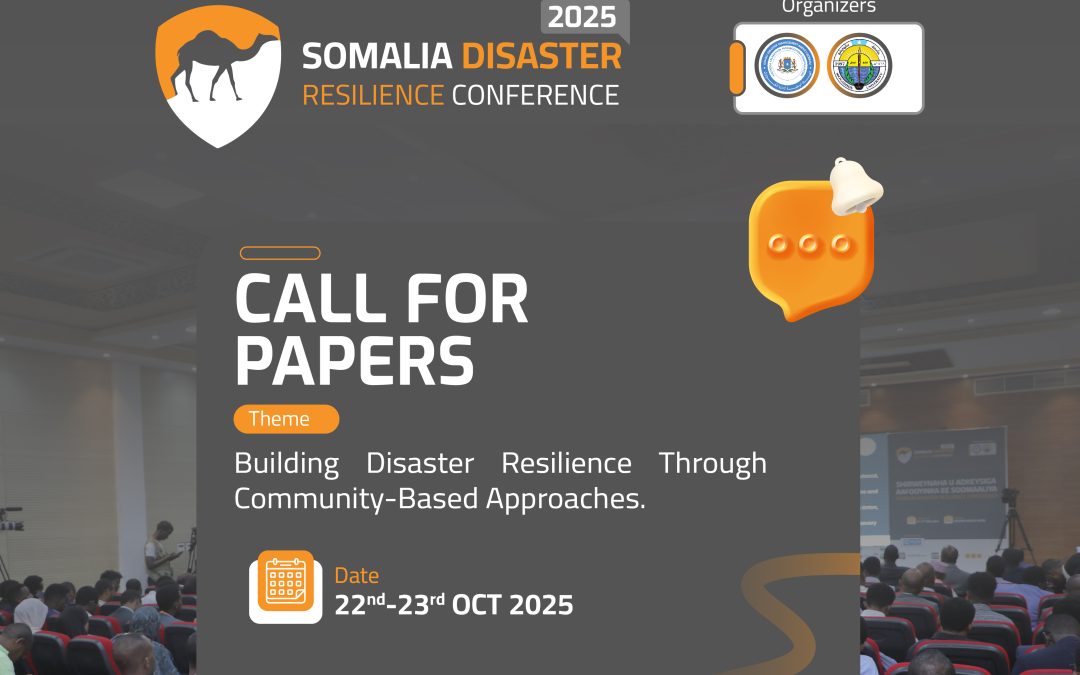
0 Comments